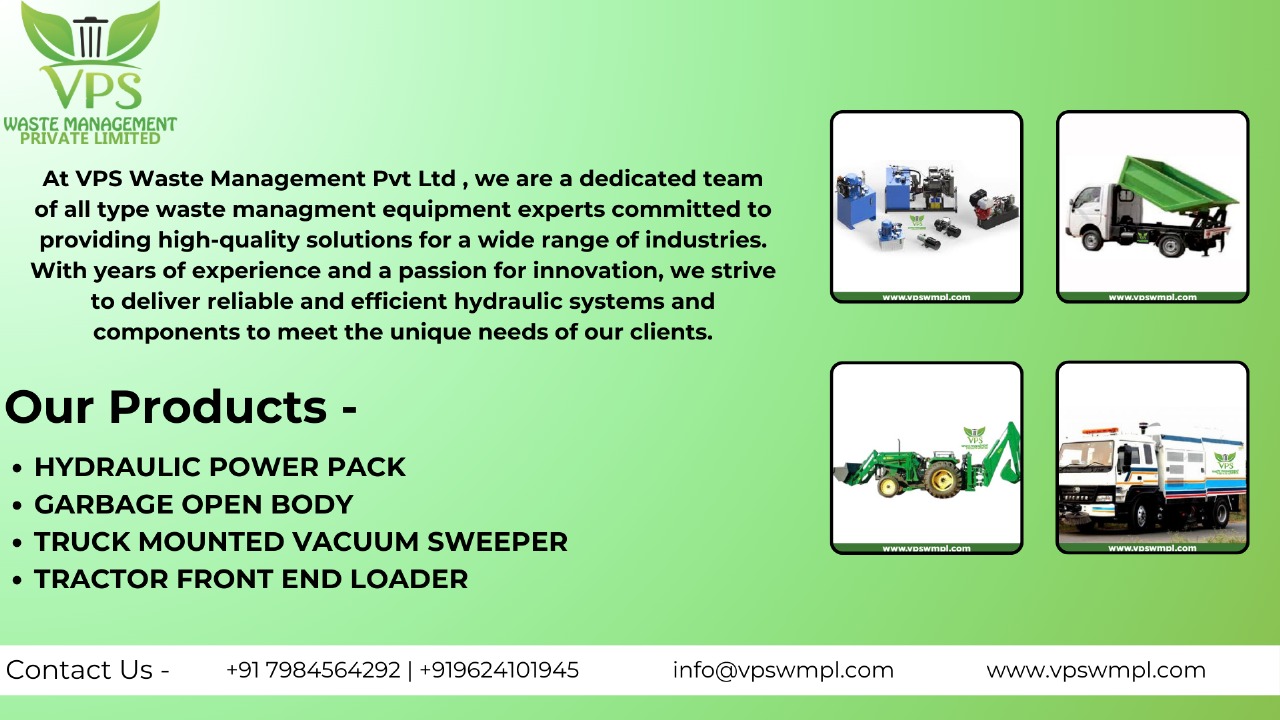Hydraulic Cylinder Maintenance
HydraulicCylinder Maintenance refers
to the routine inspection, servicing, and repair of hydraulic cylinders to
ensure their smooth, efficient, and safe operation. Hydraulic cylinders are
critical components in machinery used across industries such as construction,
manufacturing, agriculture, and mining. Over time, these cylinders are
subjected to extreme pressures, environmental stress, and mechanical wear.
Proper
maintenance includes checking for leaks, inspecting seals and rods, verifying
alignment, monitoring hydraulic fluid quality, and performing timely repairs or
replacements. Proactive maintenance helps prevent breakdowns, extends cylinder
life, and ensures optimal system performance.
Top 10 FAQs about Hydraulic Cylinder Maintenance
- Why is hydraulic cylinder
maintenance important?
To prevent equipment failure, ensure safety, and extend the lifespan of hydraulic systems. - How often should hydraulic
cylinders be maintained?
Maintenance frequency depends on usage, but typically every 500–1,000 operational hours or as per OEM guidelines. - What are common signs of a
faulty hydraulic cylinder?
Fluid leakage, reduced power, erratic movement, slow operation, or abnormal noises. - What causes hydraulic
cylinder failure?
Contaminated fluid, worn seals, misalignment, improper installation, and overloading. - How do you check for
hydraulic leaks?
Inspect seals, connections, and rods visually; use UV dye or pressure testing tools for hidden leaks. - What type of oil is used in
hydraulic cylinders?
Typically hydraulic oils like ISO VG 32, 46, or 68, depending on the system's pressure and temperature range. - How can you prevent
contamination in hydraulic systems?
Use high-quality filters, seal ports during storage, and avoid opening systems unnecessarily. - Can hydraulic cylinders be
repaired?
Yes, most issues like worn seals, scored rods, or minor cracks can be repaired by trained technicians. - What is cylinder re-chroming
or honing?
It's a process to restore damaged rods or bores by machining and applying a hard chrome finish for smooth operation. - Is alignment important in
hydraulic systems?
Absolutely. Misaligned cylinders can cause uneven wear, seal damage, and reduced efficiency.
Applications Requiring Hydraulic Cylinder
Maintenance
- Construction machinery
(excavators, loaders, cranes)
- Agricultural equipment
(tractors, harvesters)
- Manufacturing presses and
injection molding machines
- Material handling
(forklifts, hydraulic lifts)
- Mining and drilling
equipment
- Marine and offshore
hydraulic systems
- Aerospace ground support
systems
- Railway maintenance equipment
- Oil & gas rigs and
equipment
- Hydraulic-powered automation
systems
Benefits of Hydraulic Cylinder Maintenance
- Prolongs equipment life – Reduces wear and delays
the need for replacements.
- Improves performance – Maintains optimal power
output and operational efficiency.
- Prevents downtime – Minimizes unexpected
breakdowns and production losses.
- Reduces repair costs – Catches issues early
before they become major failures.
- Enhances safety – Prevents potential
hydraulic leaks or bursts under high pressure.
- Maintains system pressure – Ensures consistent and
reliable hydraulic force.
- Protects seals and rods – Avoids premature failure
due to dirt or misalignment.
- Energy efficiency – Well-maintained cylinders require less power to operate.
- Improved fluid cleanliness – Regular checks keep
contamination in check.
- Supports compliance – Meets safety and
operational standards in regulated industries.
Contact
us more details:
Call: +91 7984564292 +919624101945
Email: vpswmpl@gmail.com info@vpswmpl.com
Address: Ahmedabad Office : Shed No. B-21, Shree Mahalaxmi Estate, Wandervat
Talav, Near Shankeshwar Estate, GIDC Vatva, Ahmedabad - 382440, Gujarat, INDIA

